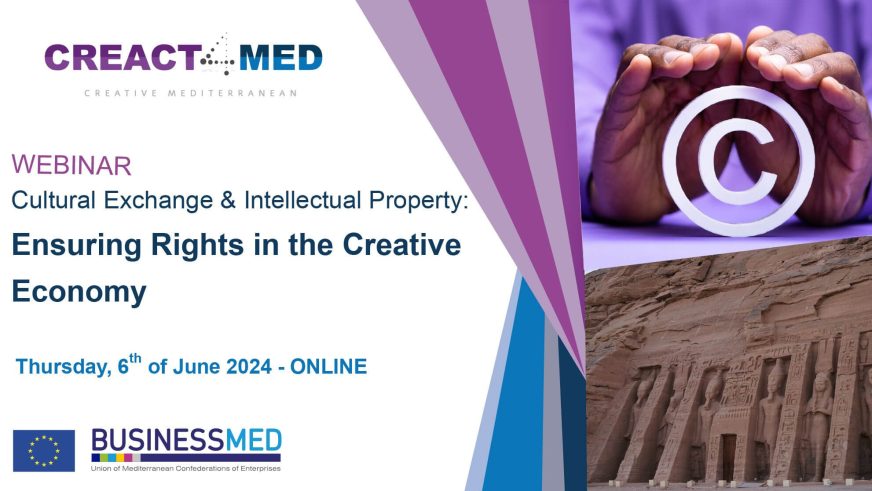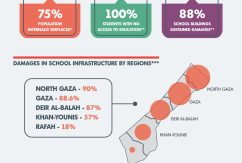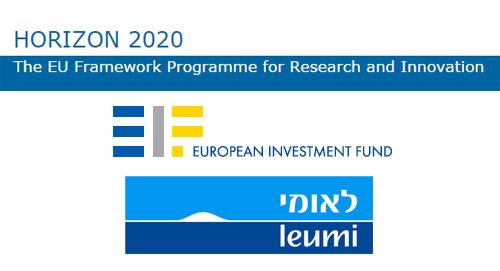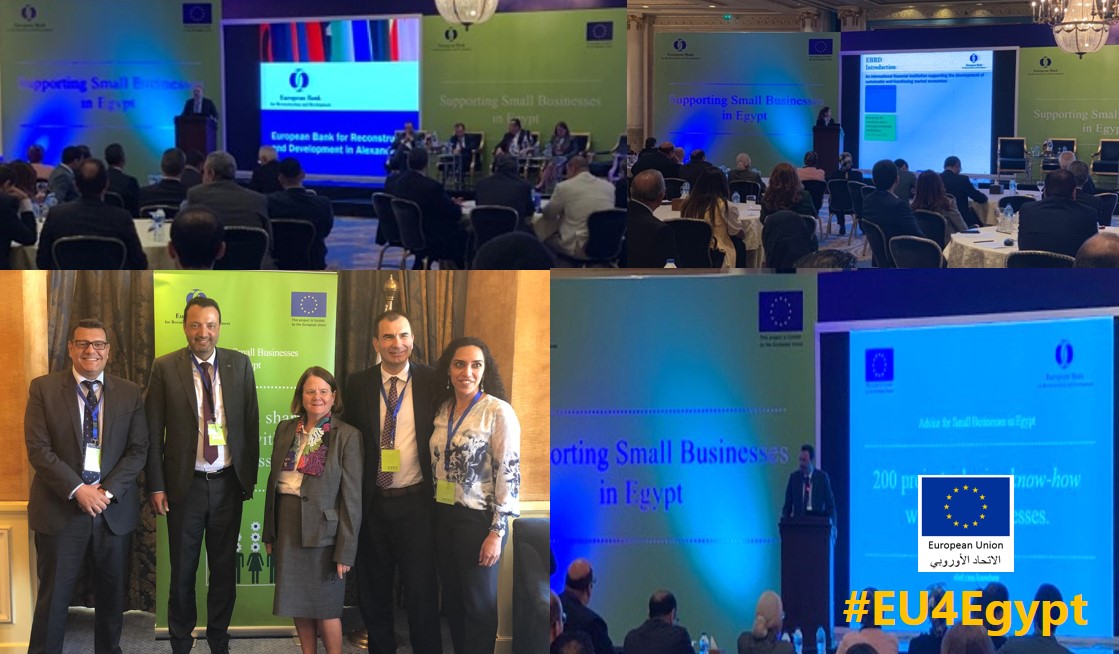CREACT4MED Mainstreaming Seminar III: Cultural Exchange And Intellectual Property

The Creative Economy has become a strategic asset for creation and innovation around the world. Intellectual Property Rights (IPR) play a pivotal role, functioning as a catalyst for economic growth, innovation, and the bolstering of regional competitiveness. The establishment and maintenance of a robust IPR framework stands as a cornerstone, safeguarding the intellectual creations, inventions, and artistic pursuits of entrepreneurs and enterprises. This foundation nurtures a culture of perpetual innovation and knowledge dissemination. By ensuring the protection of intellectual assets, IPR fosters confidence among entrepreneurs, affirming the shielding of their inventive ideas from unauthorized use. This assurance, in turn, spurs increased investments in time, resources, and expertise, aimed at propelling the development of groundbreaking products and services.
Some countries in the Southern Mediterranean feature IPR registration frameworks which exhibit a degree of volatility, with the efficacy and efficiency of IPR-related systems contingent upon a multitude of country-specific factors, encompassing the intricate interplay of legislative structures, the capacities of public institutions, the robustness of infrastructure, and the vibrancy of the entrepreneurial ecosystem. Entrepreneurs must be knowledgeable about such legal frameworks and sources of protection for their businesses, but also be aware on the gaps and shortfalls. Against this background, CREACT4MED will hold the third Mainstreaming Event on the key topic of Cultural Exchange and Intellectual Property: Ensuring Rights in the Creative Economy. The panellists and experts will focus on key challenges and necessary reforms in intellectual property within the Cultural and Creative Industries (CCI).
This event is part of a broader regional initiative focusing on significant CCI topics such as sustainability and job creation, internationalization, and intellectual property rights. The series aims to gather expert recommendations, best practices, and insights from entrepreneurs and stakeholders, particularly from the private sector. The ultimate goal is to develop a comprehensive and actionable regional action plan, which will be presented as a road map at the project’s conclusion.




































